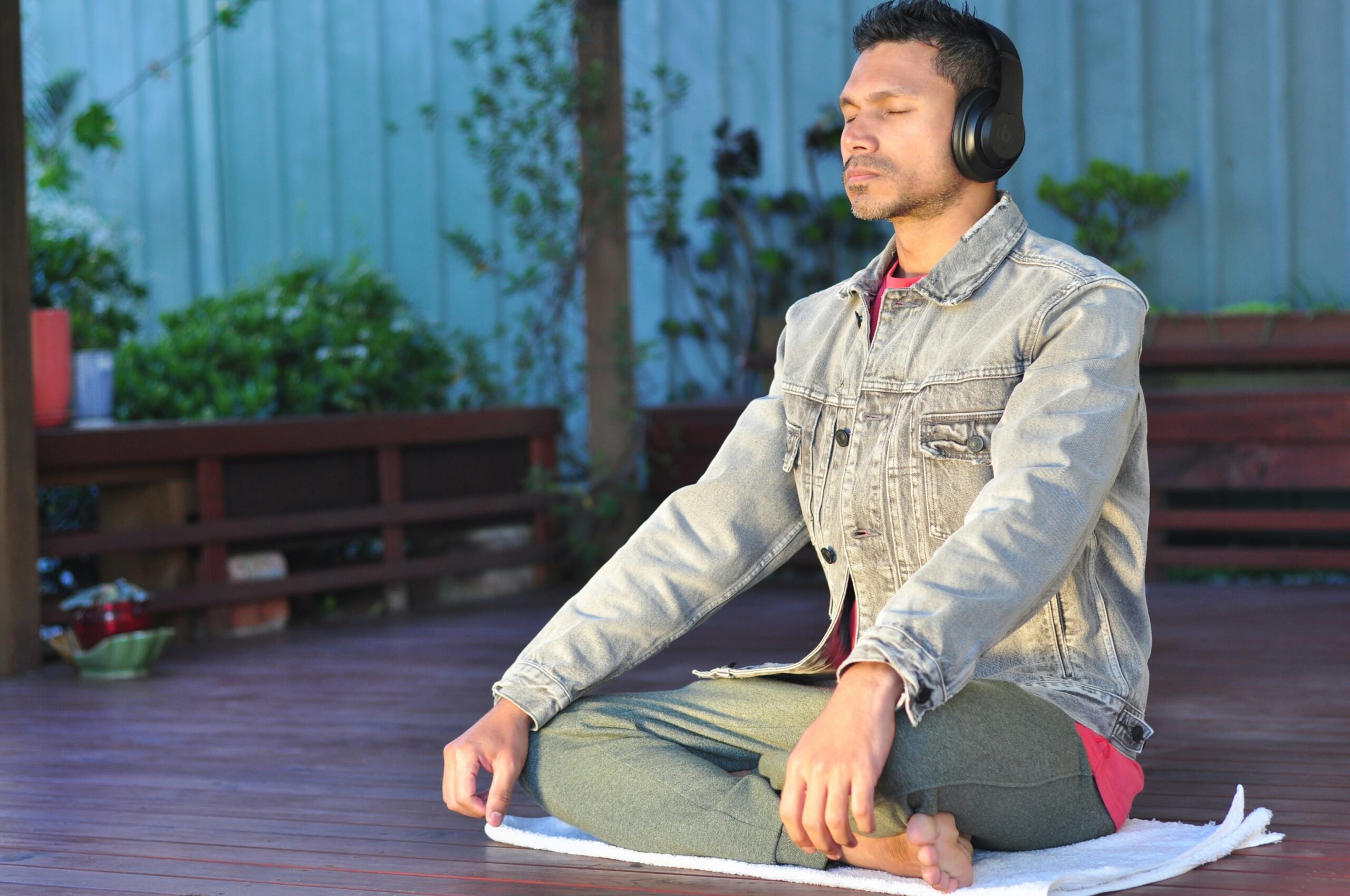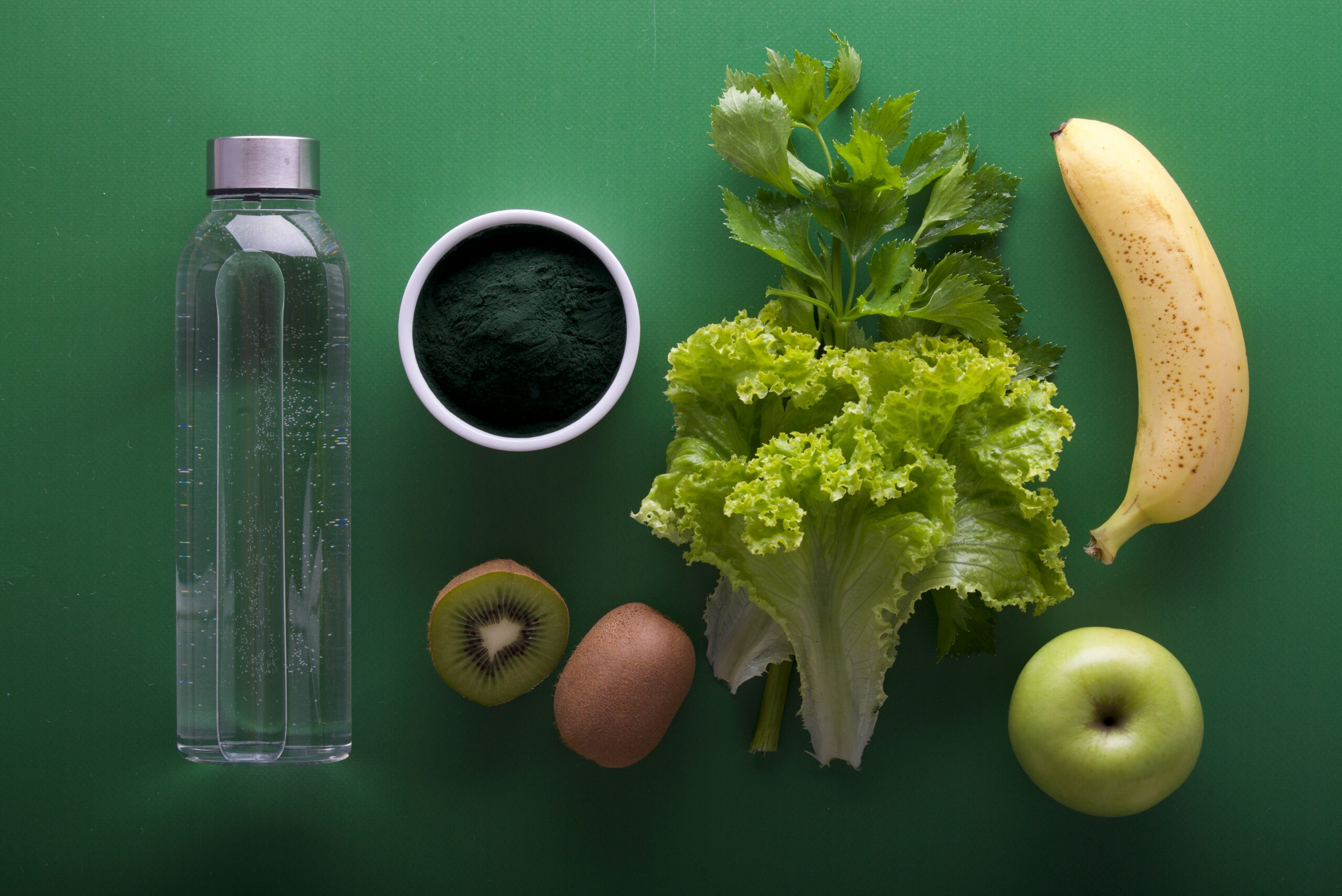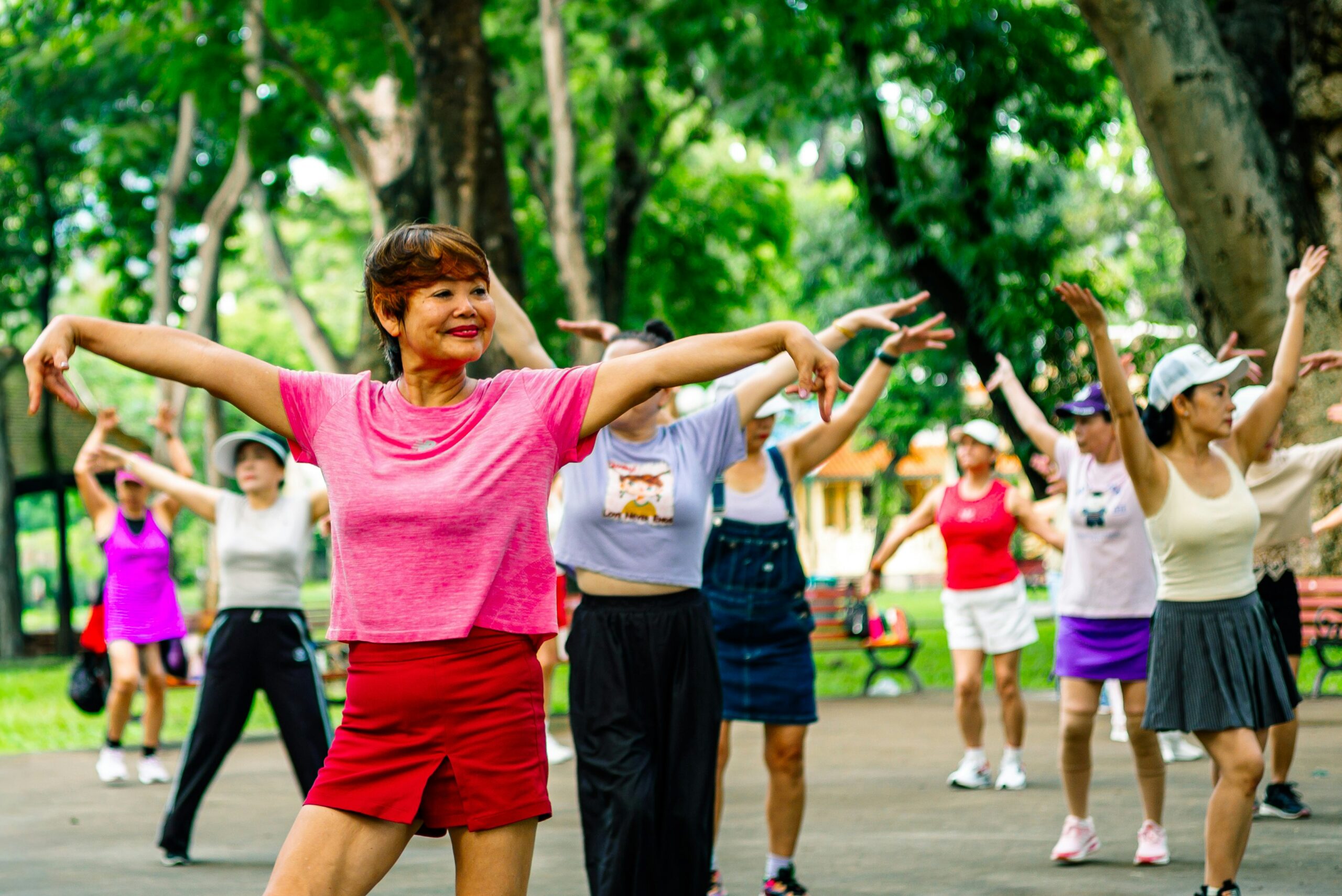Health Insights: 9 Incredible Benefits of Daily Movement

Let’s be honest. What is the first thing that pops up in your head when you hear “Daily Movement”? For many of us, this is a daunting image: serious workouts, dripping sweat, and counting seconds until it is finished. We have been sold a legend that fitness is a punishment, a separate part of the day we must get.”
But what if we prepared it completely? What would happen if we, instead of “training,” thought of “movement”? It’s not about training in two hours of logging or a marathon in the gym (unless you want to!). It is about a simple, intense, and incredible task to use your body throughout the day, regarding dancing in the kitchen while cooking, carrying stairs, walking the dog with a little extra passion, or stretching while watching TV.
Health change is all in perspective. This transforms the daily movement into a spontaneous, blissful life separate from a feared work. And profit? They are no less than miraculous. From the head of the head to suggestions from the toes, consistent, daily movements we have the most powerful tool for adapting to our health. Let’s dive into 9 incredible ways which is going on, you can revolutionize the good.
Table of Contents
1.Health Supercharges Your Mental and Emotional Health
This can be the most immediate and deep benefit. Your brain is probably the biggest recipient of your daily trip or dance collection.
As you walk, your body releases a powerful cocktail of chemicals called endorphin. Often, “feel-good” hormone, endorphins, are natural mood lifts and painkillers. They are responsible for the famous “runner of the runner”, but you don’t have to run 10K to feel it. A sharp 20-minute walk can trigger the same effect as a 20-minute walk, melting stress and anxiety.
In addition, physical activity stimulates the production of large neurotransmitters such as serotonin and dopamine, which are important for regulating mood, sleep, and motivation. The low level of these chemicals is associated with depression and anxiety. By continuing daily, you give your brain a natural, durable sedimentary.
2. It Fuels Your Brain and Sharpens Your Mind
Imagine your brain as an engine with high demonstration. To run better, it requires rich fuel and a clean system. The daily movement gives both.
Cardiovascular exercise increases your heartbeat, pumping more oxygen-rich blood to your brain. This increased blood flow promotes the growth of new brain cells and strengthens the connection between them in the hippocampus, an important area of memory and learning. Studies continuously suggest that physically active people have lower cognitive decline, dementia, and Alzheimer’s disease because they are accompanied by age.
Even in the short term, a movement struggle can clear the brain’s fog and accelerate your attention. Getting stuck on a problem at work? Do you feel afternoon exposure? Instead of coming for a new coffee, take five minutes to cross the stairs and go down. You will return to your desk with a clear, more creative, and more energetic mind. This cognitive promotion is an important but often ignored aspect of general health.

3. It Builds a Resilient and Pain-Free Body
Our body is designed for movement. The old saying “Use it or lose it” is accurate with pain. A sedentary lifestyle leads to hard joints, weak muscles, and chronic pain – especially in the back and neck.
Weight-bearing exercises such as walking, hiking, or body weight squats stimulate bone development, which helps prevent osteoporosis. Strengthening core and postural muscles provides the necessary support for the spine, which reduces the risk of back pain.
It is not about the manufacture of swelling muscles; It’s about functional stamina. It’s all about being able to play with your kids on the floor, easily take your accessories and get out of the chair without moaning. Such flexible physical health ensures that your body remains a competent and comfortable guy for life’s adventures.
4. It Fortifies Your Heart, The Engine of Life
Your heart is a muscle, and like any muscle, it becomes strong with exercise. Daily movement is the best setting you can give your cardiovascular system.
Aerobic activities – such as fast walking, cycling, or swimming – force your heart to work a little harder. Over time, it makes it more effective to pump blood throughout the body. This reduces your relaxing heartbeat and blood pressure and reduces the stress of the entire communication system.
A strong cardiovascular system is the basis for long-term health. It reduces the risk of heart disease and high cholesterol. Each step you take is an investment in the heart of your heart and ensures that it can give you strength over life in the coming years.
5. It Revolutionizes Your Sleep Quality
Throwing and turning at night? The solution can be more active waking hours. Regular physical activity is one of the most effective pharmaceutical agents for insomnia and poor sleep.
Movement helps regulate the body’s circadian rhythm, your internal sleep absorption clock. It also helps to reduce stress hormone levels as cortisol, which can keep you wired at night. In addition, a slight increase in body temperature during exercise can indicate that your body after a cold after exercise, and it is time to rest.
Result? You sleep quickly, feel deeply, have more restructured slow-wave sleep, and are really fresh. Quality sleep is not perfect for good health, which affects everything from your immune function to your mood. Transferring your body is a direct prepayment for a better night’s rent.
6. It Supercharges Your Immune System

In our search for health, we often look for magical pills or superfoods. But one of the most powerful immunity amplifiers is free and accessible to all: movement.
This can reduce inflammation and help flush bacteria from the lungs and respiratory tract.
Think about your immune system as a highly trained security team. The daily movement ensures that the team is well-drilled, distributed well, and is ready to respond to any threat. Although it is not a powerful area against all bacteria, it significantly improves the natural defense of the body, which helps you fight common diseases such as cold and flu.
7. It Ignites Your Metabolic Health
Metabolism is not just about weight; This is about how your body converts food to energy. The daily movement is the main regulator of this complex process.
Exercise improves your muscles. The muscle tissue is actively metabolic, which means that it also burns calories even when at rest. The more muscle you have, the higher your relaxing metabolic speed. Movement also improves insulin sensitivity, which means that the body’s cells are better to use sugar in the blood circulation for energy instead of being stored as fat.
It converts your body into a more efficient energy movement machine.
8. It Deepens Your Connection to Yourself and Others
We often think about health in physical terms, but connection is a basic human need that affects our goodness deeply. Daily movement can be a powerful catalyst for this.
Going with a friend becomes a “touching meeting” and combines social relationships with physical activity. The community is formed by joining a local tour group or a leisure sports team. It can also be a form of focusing in individual practice, such as yoga or running, so you can break your breath, body, and thoughts without distraction.
It breaks the insulation that can come up with a sedentary lifestyle. It promotes a sense of related and shared goals, which is an incredible substance for the soul. Real health includes the importance of being part of something bigger than oneself.
9. It Builds Unshakable Confidence and Self-Efficacy
This can be the most transformative benefit for all. Daily movement is a constant, tangible reminder of your own ability and strength.
Every time you choose to move, you give yourself and maintain it. You set a small goal – “I want to go for 15 minutes” – and you get it. It creates confidence. You notice that you strengthen yourself: the ground you used to give air no longer, you can take a plank for ten seconds. This little victory creates a composite effect on your confidence.
This new belief in your physical ability bleeds into all other areas of your life. You start meeting challenges at work or at home with the same mentality: “I can handle it.” You begin to see yourself as a person who is strong, competent, and flexible. This change in identity is the last reward, proving that the journey has been too much for health; in the heart, it is back.
10. How to Make Daily Movement a Reality
The goal is stability, not perfection. It’s all about finding happiness in speed. Here’s how to start:
1. “Exercise”: Call it “movement” or “my time”. Remove the pressure.
2. Start micro: 5-10 minutes is an ideal beginning. Better than going.
3. Stack habits: Tie movement to an existing habit. “After putting on my morning coffee, I will move around the block.”
4. What do you love: You hate running? Don’t run! Try dancing, gardening, swimming, or tagging with your kids.
5. Listen to your body: Some days you will feel energetic; Other days you need a mild stretch, you need everything. This is still a win.
Passing lifetime health is not firm with stiff, short-term reforms. It is paved with small, daily steps that we pick up – literally and rhetorically. Squeeze the daily movement, you don’t just work; You invest in a rich, bright, and more lively life. Your body and thoughts will thank you for this.
1. How much daily movement do I need?
Aim for at least 30 minutes of moderate activity most days—this can include brisk walking, cycling, or even household chores. Every bit counts!
2. Can light movement really improve my health?
Yes! Even light activities like stretching, gardening, or taking short walks can boost circulation, mood, and energy while reducing chronic disease risk.
3. Is daily movement the same as formal exercise?
Not exactly. Daily movement includes all physical activity throughout your day—exercise is structured, while movement can be informal (like standing, walking, or playing with kids). Both are essential!










